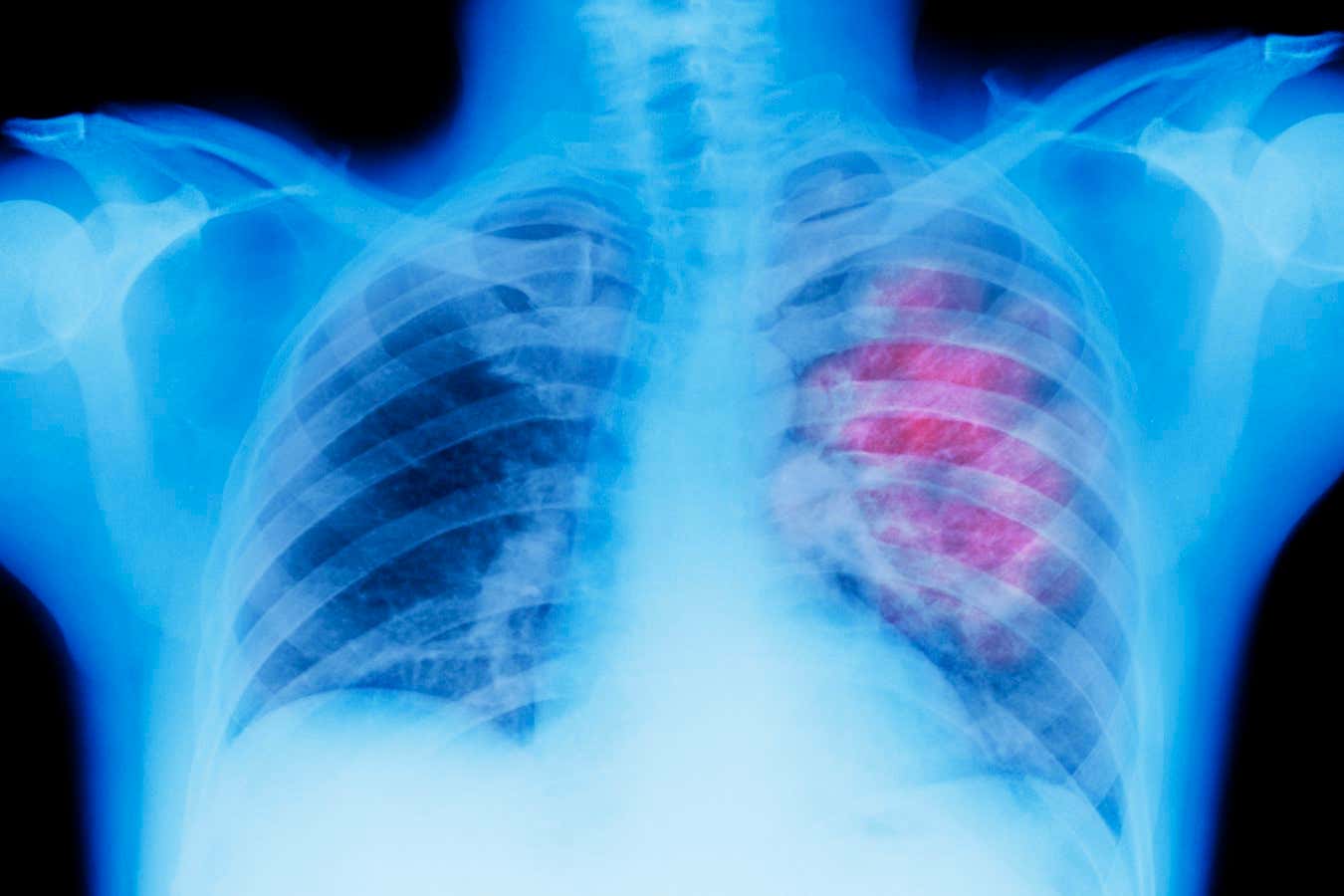Knowing when to say “I don’t know” is a key issue for artificial intelligence tools, which a new AI for clinical decision-making developed by Google aims to address
By Chris Stokel-Walker
17 July 2023
Medical AIs can diagnose diseases from images such as X-rays, but usually fail to judge when they might be wrong
Peter Dazeley/The Image Bank RF/Getty Images
A new artificial intelligence system developed by Google can decide when to trust AI-based decisions about medical diagnoses and when to refer to a human doctor for a second opinion. Its creators claim it can improve the efficiency of analysing medical scan data, reducing workload by 66 per cent, while maintaining accuracy – but it has yet to be tested in a real clinical environment.
The system, Complementarity-driven Deferral-to-Clinical Workflow (CoDoC), works by helping predictive AI know when it doesn’t know something – heading off issues with the latest AI tools that can make up facts when they don’t have reliable answers.
It is designed to work alongside existing AI systems, which are often used to interpret medical imagery such as chest X-rays or mammograms. For example, if a predictive AI tool is analysing a mammogram, CoDoC will judge whether the perceived confidence of the tool is strong enough to rely on for a diagnosis or whether to involve a human if there is uncertainty.
Advertisement
In a theoretical test of the system conducted by its developers at Google Research and Google DeepMind, the UK AI lab the tech giant bought in 2014, CoDoC reduced the number of false positive interpretations of mammograms by 25 per cent.
Read more:
Medical AIs are advancing – when will they be in a clinic near you?
CoDoC is trained on data containing predictive AI tools’ analyses of medical images and how confident the tool was that it accurately analysed each image. The results were compared with a human clinician’s interpretation of the same images and a post-analysis confirmation via biopsy or other method as to whether a medical issue was found. The system learns how accurate the AI tool is in analysing the images, and how accurate its confidence estimates are, compared with doctors.
